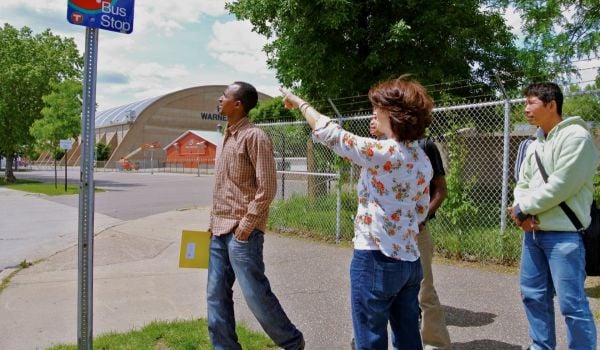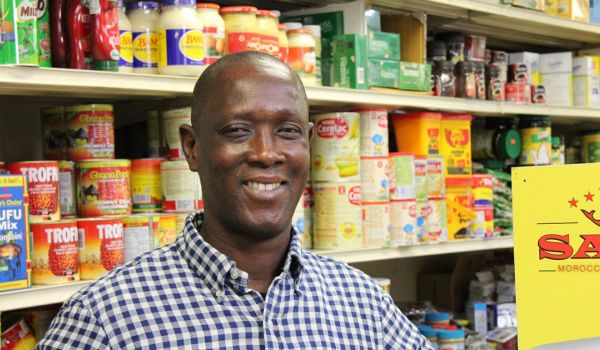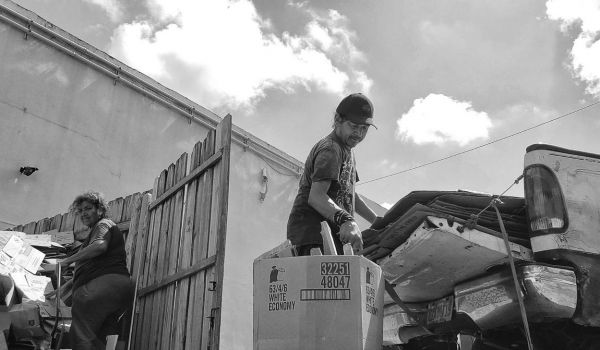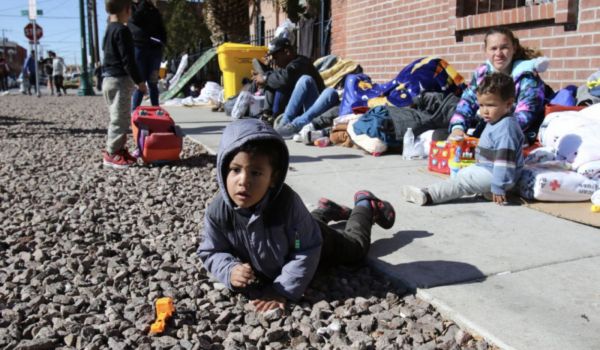The E Pluribus Unum Prizes national awards program provides four $50,000 prizes annually to exceptionally successful immigrant integration initiatives. The program highlights and rewards outstanding efforts that help immigrants and their children join the mainstream of US society or that bring immigrants and the native born together to build stronger, more cohesive communities. Winners are recognized at event in Washington, D.C. each May. The E Pluribus Unum Prizes are coordinated by MPI’s National Center on Immigrant Integration Policy. The application is open to individuals, nonprofit and community organizations, businesses, religious groups, and government entities, agencies, or officials operating in the United States. See 2010 winners.
The deadline to apply is December 15, 2010 at 5 pm EST.
Application rules and procedures can found here.
Here, an interview with prize coordinator Monica Arciga.
Please tell me about the history of this award. Who created it, and what is its significance in the current political and economic climate?
The essential immigrant integration work happening across the country at the local and state levels is often overshadowed by a singular focus on the debate surrounding unauthorized immigration. For this reason, the Migration Policy Institute’s National Center on Immigrant Integration Policy launched the E Pluribus Unum Prizes in 2008 with the support of the J.M. Kaplan Fund. Our goal is to highlight and reward exceptional immigrant integration practices that are helping immigrants and their children adapt, thrive, and contribute to the United States or those that have successfully brought immigrants and native-born residents together to build stronger, more cohesive communities.
Can you give an overview of the shared qualities of recent winners? What do they have in common?
The awards recognize immigrant integration initiatives of all types across the public and private sectors, whether led by non-profit or community-based organizations, businesses, public agencies, religious groups, or individuals. The winners’ effective integration practices can be, and have been, sustained and replicated in other areas. Their innovative programs and partnerships have allowed them to serve a diverse population and to adapt to changing immigrant populations, as each seek to inspire and provide the framework for others working to create stronger ties between native and immigrant communities. In short, the winners continue to embody the American ideal that was the cornerstone to our country’s founding: E pluribus unum, “Out of many, one.”
What long-term impacts do you hope the award and its winners will have?
We hope that the E Pluribus Unum Prizes will continue to provide a national platform in which exemplary integration programs and policy approaches can be showcased and used as models by others around the country. By shining a spotlight on the work of state and local leaders, we hope to inform public perceptions about the extent and effectiveness of immigrant integration efforts and the contributions new Americans make every day.
We’re a publication focusing on cities, so can you explain how this award relates to or enhances urban life?
With the help of local leaders, immigrants can more quickly and successfully become full contributing and participating members of U.S. society. This offers social and economic benefits to cities and communities nationwide, as time and again, studies have demonstrated the contributions immigrants make to the U.S. economy. For example, immigrant entrepreneurs help revive cities by starting new businesses. Immigrant nurses help fill the nursing shortage. As immigrants are learning English and becoming voting citizens every day, it is in our best interest to ensure the success of immigrant integration, which will better serve our communities moving forward.





_600_350_80_s_c1.jpg)










